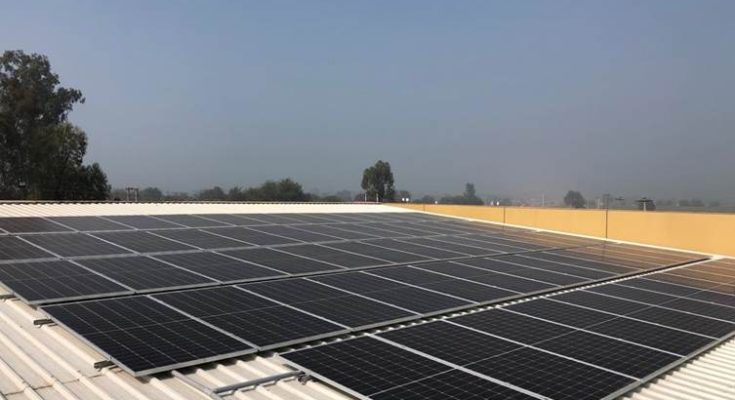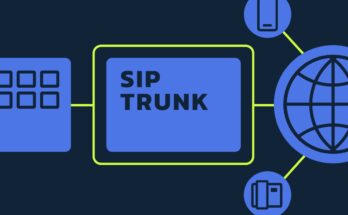It’s crucial to observe the Indian battery manufacturers’ efforts to satisfy the demands of their clients, as well as their EV battery goals, since battery technology is always developing and improving.
A significant increase in global demand for energy storage has been seen with the introduction of electric vehicles (EVs) as a practical substitute for more conventional forms of energy storage. As a result, there’s been a rising need for advanced battery technology. Cars have employed a wide variety of battery technologies throughout the years, not only Solar System. To replace them, lead-acid batteries became the norm. Finally, lithium-ion batteries have become a problem, especially in the transportation and energy storage industries.
There are several advantages of Li-ion technology over its predecessors. Charging a lead-acid battery, for instance, may take up to 10 hours. However, depending on the battery’s capacity, a lithium-ion battery may be recharged in a matter of minutes. Lead-acid batteries need longer time to recharge than lithium-ion batteries because of the greater current that the latter can handle. Increases in the number of charging cycles, or battery life, are also contributing to the success of Li-Ion batteries. While first developed for use in vehicles, Li-ion batteries have now found employment in other areas, such as telecommunications infrastructure, portable electronic devices, and even electrical grids. Some projections put the demand for Li-ion cells at 60 GWh by 2025 and at 120 GWh by 2030.
Programs Promoted by the State to Promote the Use of Renewable Energy
Following the global trend toward increased usage of Li-ion batteries, the Government of India is also taking efforts to foster the development of the electric vehicle sector in India. One of the programs is called “Make in India,” and it offers incentives to those who buy electric vehicles. Proposals from big companies both in and outside the nation are already being included into a PLI strategy for the advanced cell chemistries used in battery manufacture.
In the solar industry, Loom Solar Pvt. Ltd. specializes in monocrystalline solar panel for home and Shark modules with conversion rate upto 23%. The production of high-quality solar panels started in Faridabad in 2018. Their products are sold via a network of 1,500 distributors throughout India, reaching even the most remote villages. They make some of the greatest solar panels on the market. There is no solar panel they produce that doesn’t meet their stringent quality requirements. In a related but distinct vein, they claim to be the exclusive manufacturer of inverter and solar application batteries for the automotive, lithium, and tubular sectors.
The Advantages of Purchasing Loom Solar Products
Solar panels are becoming more important in the effort to reduce energy use. Complete solar panel installations are becoming commonplace. The greatest lithium battery maker, Loom Solar, supplies top-tier solar solutions to fill this need. Loom Solar won gold and silver at the 11th annual 2019 Golden Bridge Business and Innovation Awards. They may deal directly with the best solar panel manufacturers in India. Products that address consumer needs are what they specialize in. Their solar panels are guaranteed to last longer and function properly.
The best inverter battery company, Loom Solar’s Li-ion or Lithium battery may be used for inverter-compatible solutions, EVs (Electric Vehicles), science or DIY projects, farming, and other environmentally conscious endeavors. Li-Ion batteries are gaining popularity for usage in EVs and backup power systems due to its high power density, long life, low self-discharge, and minimum maintenance needs. It has also been noted that the firm is making strides within the Lithium Ion industry.




